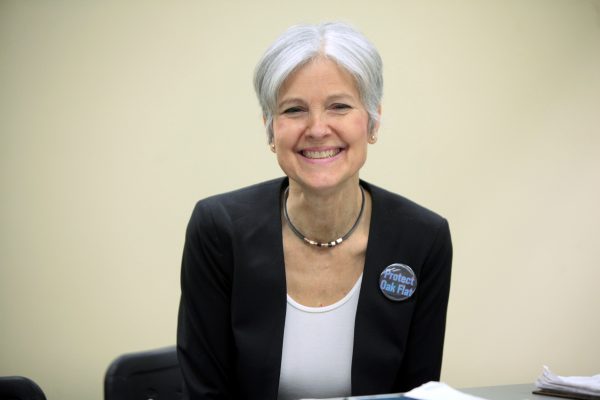On the Issues: Drug Policy
October 13, 2016
As the general election nears, The Observer will be running a series of articles on political issues that interest students. In our coverage, we will analyze each of the four presidential candidates’ (Clinton, Johnson, Stein and Trump) stated platforms on these issues and examine how they compare to one another. This feature will cover the proposed plans to tackle national drug policies. If you would like a particular issue to be covered or want to cover an issue yourself, please reach out to us at [email protected].
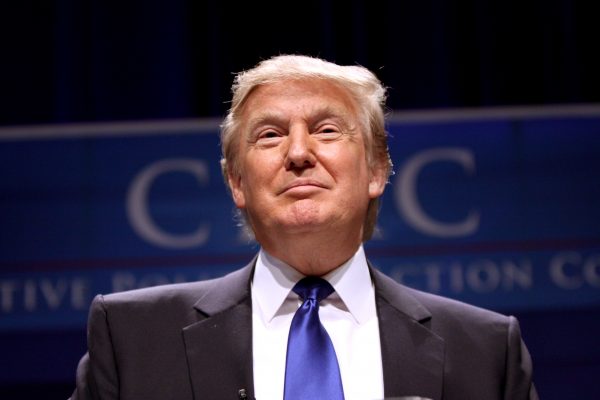
Donald Trump, Republican Party
Throughout his campaign, Donald Trump has firmly embraced a “law and order” approach to the criminal justice system. However, he has been softer in terms of drug policy than previous Republican candidates. On the subject of medical marijuana, he said in a CNN town hall, “Well, I did not think about it, I said it’s something that should be studied…but it’s not something I’d be willing to do right now. I think it’s something that I’ve always said, maybe it has to be looked at because we do such a poor job of policing… if you’re not going to want to do the policing, you’re going to have to start thinking about other alternatives. But it’s not something that I would want to do.”
He has also gone on record in favor of states’ rights in drug policy. In a CNN Republican primary debate, he stated “I think that should be a state issue, state-by-state. Marijuana is such a big thing. I think medical should [be legal]. And then I really believe we should leave it up to the states.”
What is somewhat troubling has been Trump’s inability to address the racial dynamic at play in drug legalization. His website has no mention of drug policy, or a plan to deal with the effect mandatory minimum sentencing has had on people of color and poor communities.
While Trump is far more libertarian on this issue than his law-and-order persona would have you believe, he does not go far enough in advocating for decriminalization/legalization, does not address the consequences of the War on Drugs, and offers no plan for moving beyond the troubled status quo.
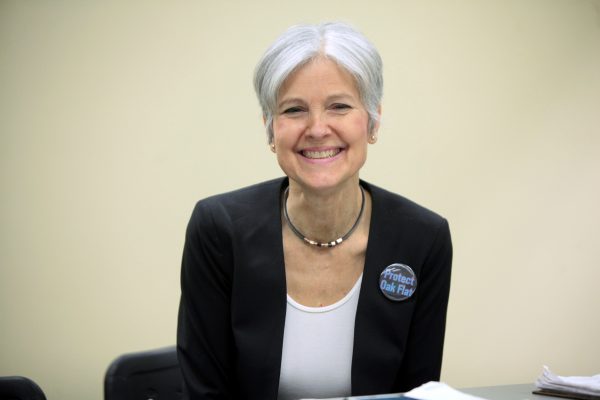
Dr. Jill Stein, Green Party
Since the start of her run, she has advocated for an end to the criminalization of drugs like marijuana, and to the disproportionate amount of people of color sent to prison for nonviolent drug offenses. As she states on her website, Stein intends to “end the failed war on drugs…treat substance abuse as a health problem, not a criminal offense.”
From a criminal justice perspective, she has advocated for policies that would “release nonviolent drug offenders from prison…and provide them with both pre- and post-release support.” She also intends to “eliminate harsh mandatory sentencing requirements which often result in unjustified sentences.”
She also offers an economic argument against the drug law status quo, saying “the War on Drugs has cost the US over one trillion dollars and failed. Imagine if we spent that much eliminating poverty, homelessness and creating jobs?”
Stein’s advocacy for an end to the War on Drugs and her recognition of racial bias in prosecuting nonviolent offenders speak well to her competence on this issue. In a nation where, according to The Washington Post, drug use is equivalent in white and black populations a black person is four times more likely to be prosecuted and thrown into prison for the same crime
Retroactive pardons for nonviolent drug offenders make sense; they limit the overcrowding of American prisons and ensure that those with drug problems are more likely to be treated as individuals with a serious illness, instead of criminals that must be locked away. From both a practical and moral standpoint, Stein’s position is sound.
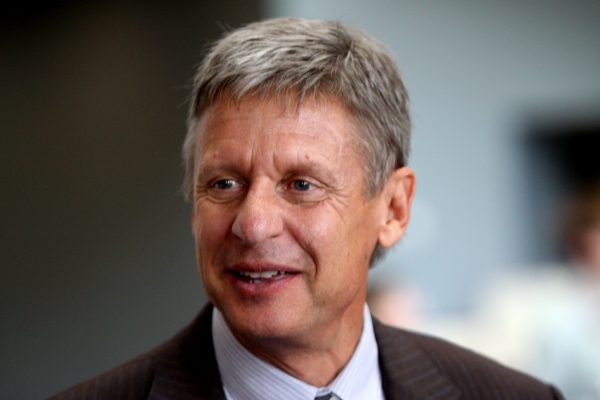
Gary Johnson, Libertarian Party
Gary Johnson believes that “The federal government should not stand in the way of states that choose to legalize marijuana.” He has also promised to remove cannabis from Schedule I of the federal Controlled Substances Act, much like Clinton.
Johnson believes that it is disgraceful that the “government has decided it is appropriate to tell adults what they can put in their bodies-and even put them in jail for using marijuana, while allowing those same adults to consume alcohol and encouraging the medical profession to pump out addictive, deadly painkillers at will.”
He potentially has an argument when it comes to alcohol consumption, but painkillers in a medical setting or as prescribed medication are absolutely necessary.
On his website, Johnson calls the War on Drugs “an expensive failure.” Johnson further explains he advocates for “harm-reduction strategies, which is looking at the drug problem first as a health issue rather than as a criminal justice issue.”
In an interview with The New York Observer, Johnson said that the “world would be better off if all drugs were legal,” as “90 percent of the drug problem is prohibition-related, not use related.”
There is seemingly no rationale behind this policy. The legalization of all drugs would be severely detrimental to the population’s mental and physical health, while potentially exposing adolescents with still-developing brains to harmful or unknown effects. Some drugs are illegal for a very good reason, and it is incredibly unwise to introduce harmful substances to society.
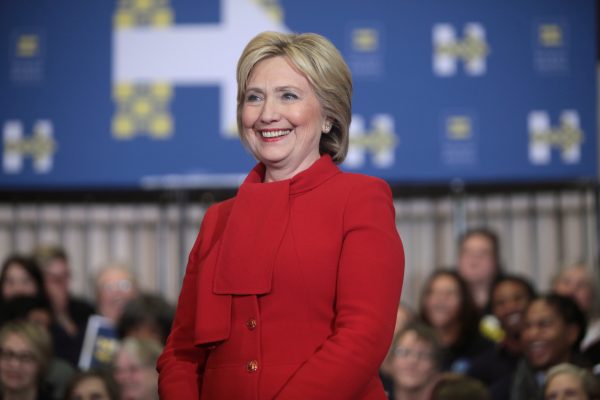
Hillary Clinton, Democratic Party
Clinton frames the issue as an addiction problem. On her website, she states “drug and alcohol addiction is a disease, not a moral failing—and we must treat it as such.”
She continues, “Let’s prioritize rehabilitation and treatment over prison for low-level and nonviolent drug offenses and work to end the era of mass incarceration.”
To accomplish this goal, she plans to introduce $7.5 billion in funding to support “new federal-state partnerships that empower local leaders to implement programs that work for their communities.” According to the New Hampshire Union Leader, specifics of this plan include “[ensuring] every person suffering from addiction can obtain comprehensive treatment, [requiring] health care providers to receive training in recognizing substance use disorders.”
The cost of this plan appears very high and would probably add costs to her health care plan given the proposed relationship between the two.
According to The Washington Times, Clinton defaults to the states to make the decision on the legalization of recreational marijuana, referring to them as “the laboratories of democracy.” She continues, “I want to wait and see what the evidence is.”
She does support reclassifying marijuana as a Schedule II drug, which would dictate that the federal government recognizes pot’s medical uses and would make it easier to conduct research on its potential benefits.
In terms of the use of medical marijuana, Clinton advocates for further research to be done; conceding that “there should be availability under appropriate circumstances.”

